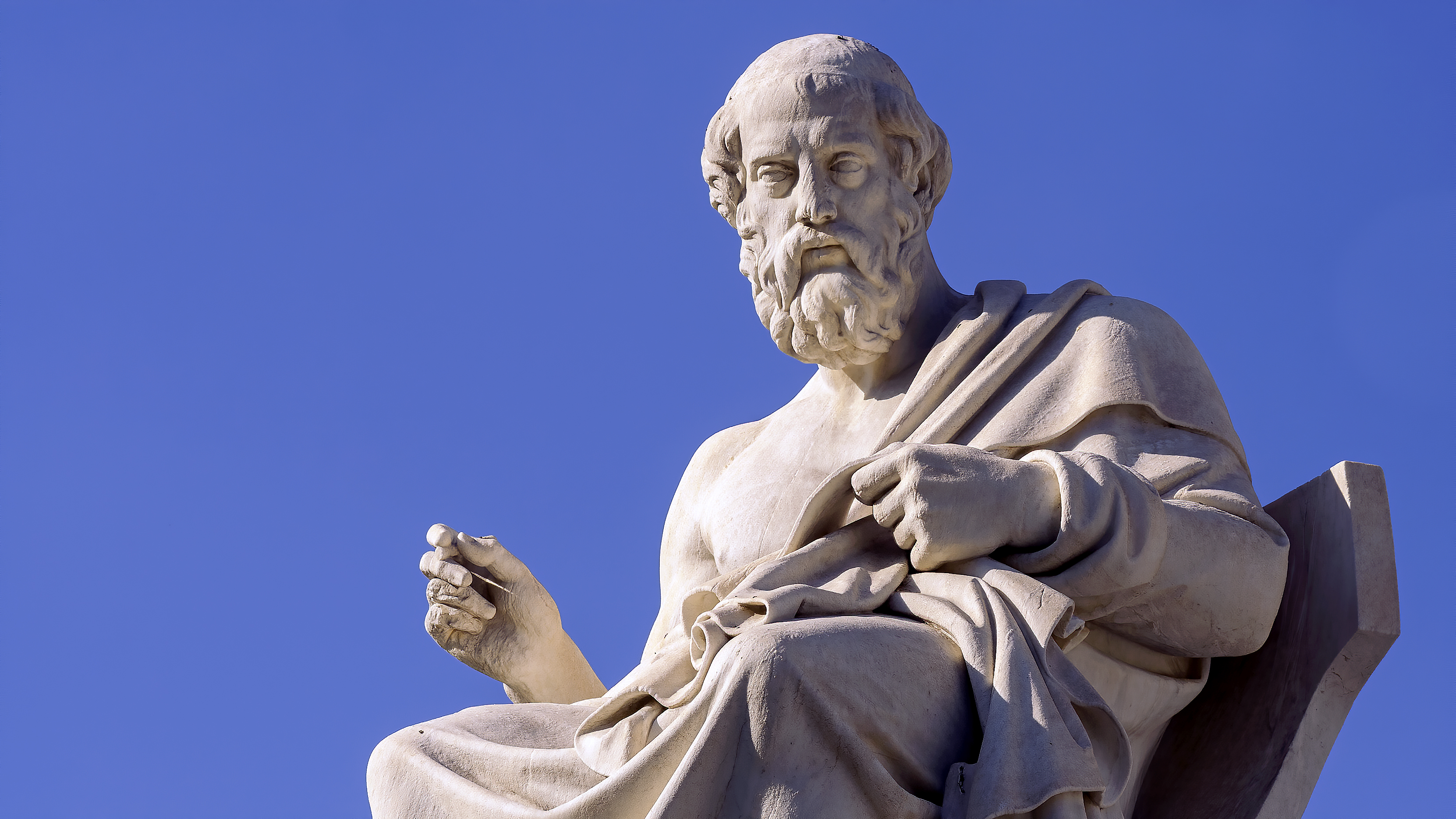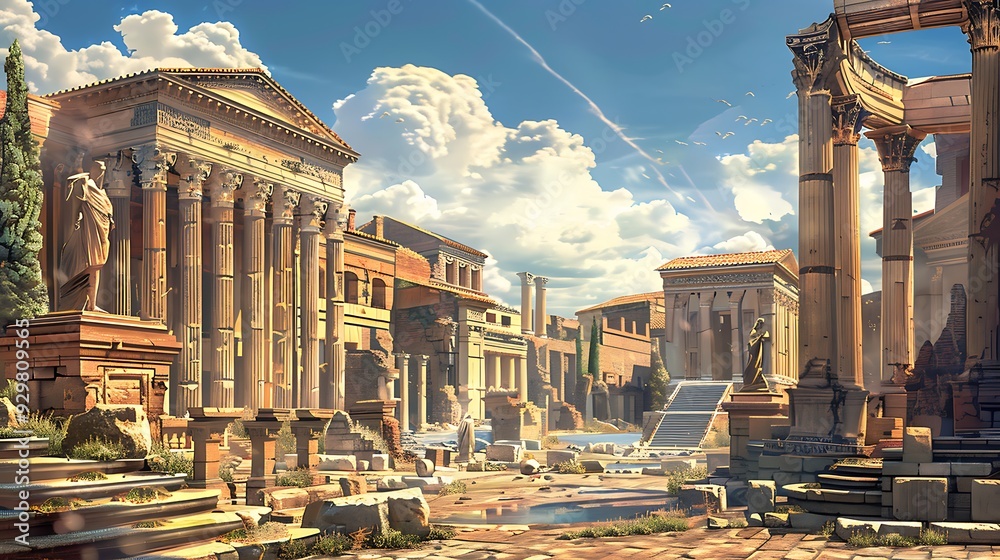Some readers have asked why I've chosen the title The Ignoble Lie for my recently released thriller. Answering that question involves a look at the work of one of the world's greatest minds.
In his foundational work The Republic, the ancient Greek philosopher Plato introduced a concept that has intrigued, troubled, and inspired political thinkers for over two thousand years: the "noble lie." This was not a lie told in malice or manipulation, but a myth—intentionally crafted and disseminated by leaders to maintain social harmony and civic order.
Plato's "noble lie" was meant to convince citizens that their place in society was ordained by something greater than themselves. In his fictional city-state, rulers would tell the people that they were born from the Earth and infused with different kinds of metal in their souls—gold for leaders, silver for auxiliaries, and bronze or iron for workers. Though biologically false, this myth served a philosophical purpose: it offered a cohesive identity, a sense of belonging, and a rationale for social stratification. The lie was "noble" because it aimed to promote unity and the common good.
But what happens when a lie—no matter how well-intentioned—outlives its usefulness? What if the story we tell ourselves to keep order becomes a tool of oppression, or worse, a cover for deeper corruption?
That question lies at the heart of my novel, The Ignoble Lie.
In The Ignoble Lie, ex-Jesuit Scott Larson and adventuress Zady Jones uncover a secret buried deep beneath layers of myth, religious tradition, and political power. A terrorist attack on the Great Pyramid in Egypt sets off a global chain reaction that shakes Washington, D.C., where a controversial U.S. president has declared the nation a Judeo-Christian state.
As Larson and Jones try to stop more terrorist attacks, they begin to suspect that one of the most sacred objects in religious lore—the Ark of the Covenant—may not be what it seems. Their investigation leads them to question long-accepted historical "truths" and to confront the terrifying possibility that the most powerful institutions in the world are built on a lie. Not a noble one, but an ignoble one.
Plato believed that myths could bind people together. But in a modern world of surveillance, spin, and statecraft, can we still tell the difference between a guiding story and a dangerous fabrication? The Ignoble Lie plays with this tension, using the framework of a fast-paced thriller to explore philosophical questions about faith, history, and the narratives we cling to in order to make sense of the world.
Ultimately, The Ignoble Lie is not just a play on Plato's idea; it's a challenge to it. In an age when ancient myths and modern ideologies clash with deadly consequences, the novel asks: who gets to decide what the truth is? And what happens when the lie we've built our civilization upon begins to crumble?
I'd love to hear your thoughts.
Best,
Matthew

